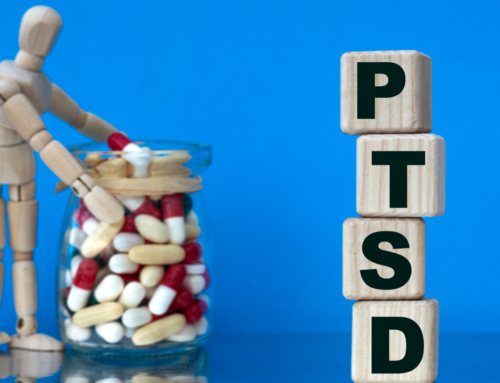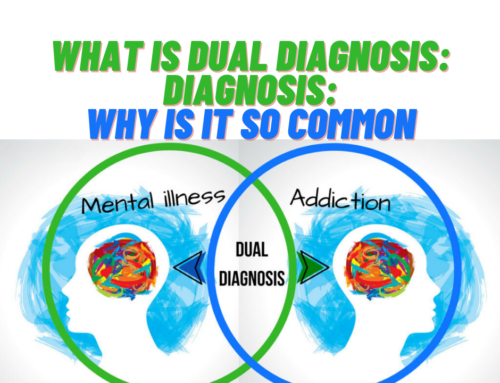After completing treatment for methamphetamine addiction, the next stage is recovery bringing with it some difficult challenges, especially in the first few weeks. Those recovering from long-term meth abuse will experience cravings and triggers in various forms and will need immense support and coping skills to stay committed to their sobriety. Here are some tips to help you or the ones you love on the road to recovery.
Attend meetings – joining meetings such as Narcotics Anonymous (NA) or Crystal Meth Anonymous, can be incredibly effective after rehab. These groups are safe spaces where you can communicate with others in recovery and learn ways to avoid triggers and manage cravings.
Be honest about your triggers – it’s time to get real about the activities and social events that can cause you to fall into your old habits and relapse. Avoid situations, such as parties, festivals, or concerts or other scenes that were associated with your past drug use.
Engage in healthy, structured activities – get reacquainted with the things that bring you joy such as playing sports, spending time with your kids at amusement parks, hobbies, getting outdoors, and anything that brings you happiness. Structure your day to continue what was learned in rehab. Sticking to schedules and getting organized can help you achieve other goals in your life and avoid relapse.
Establish healthy relationships – Now that you are sober, you may realize that most of your friendships were toxic and often times co-dependent. Establish healthy relationships and break away from anyone who poses a risk to your sobriety. Those in recovery may even consider living in a sober house – a home where people live with others that practice a sober lifestyle.
Start Working on Yourself – Join a gym, yoga practice, meditate, or do whatever physical activity you enjoy to keep yourself mentally focused and healthy. People in recovery may still feel and see the physical effects of past meth abuse. For example, “meth mouth” will continue even after treatment. To treat gum disease or tooth decay caused by meth use, visit a dentist as soon as possible.
Spend time with people you trust – connect or reconnect with those who care about your well-being. Surround yourself with those who truly understand what you are going through and are as committed to your sobriety as you are.
Treatment For Addiction
Utilizing healthy strategies consistently is key in preventing relapse, especially for those who have suffered from long-term meth abuse. However, the first step to sobriety begins with an effective rehabilitation program. If you or a loved one is struggling with addiction or a substance use disorder, get help today. Addiction is not curable but is treatable.
If you’re ready to begin taking great strides towards your health and wellbeing, speak with a professional from Alta Loma today. Mental illness should be taken seriously and, if not treated early on, more severe conditions can arise. The best way to promote happiness and health is to seek help – and to begin using effective interventions for treating the problematic symptoms a person is experiencing. Don’t wait any longer to seek the help you need. Please call Alta Loma today – and you’ll be surrounded by a healthcare team who truly cares about your recovery. 866-457-3843



